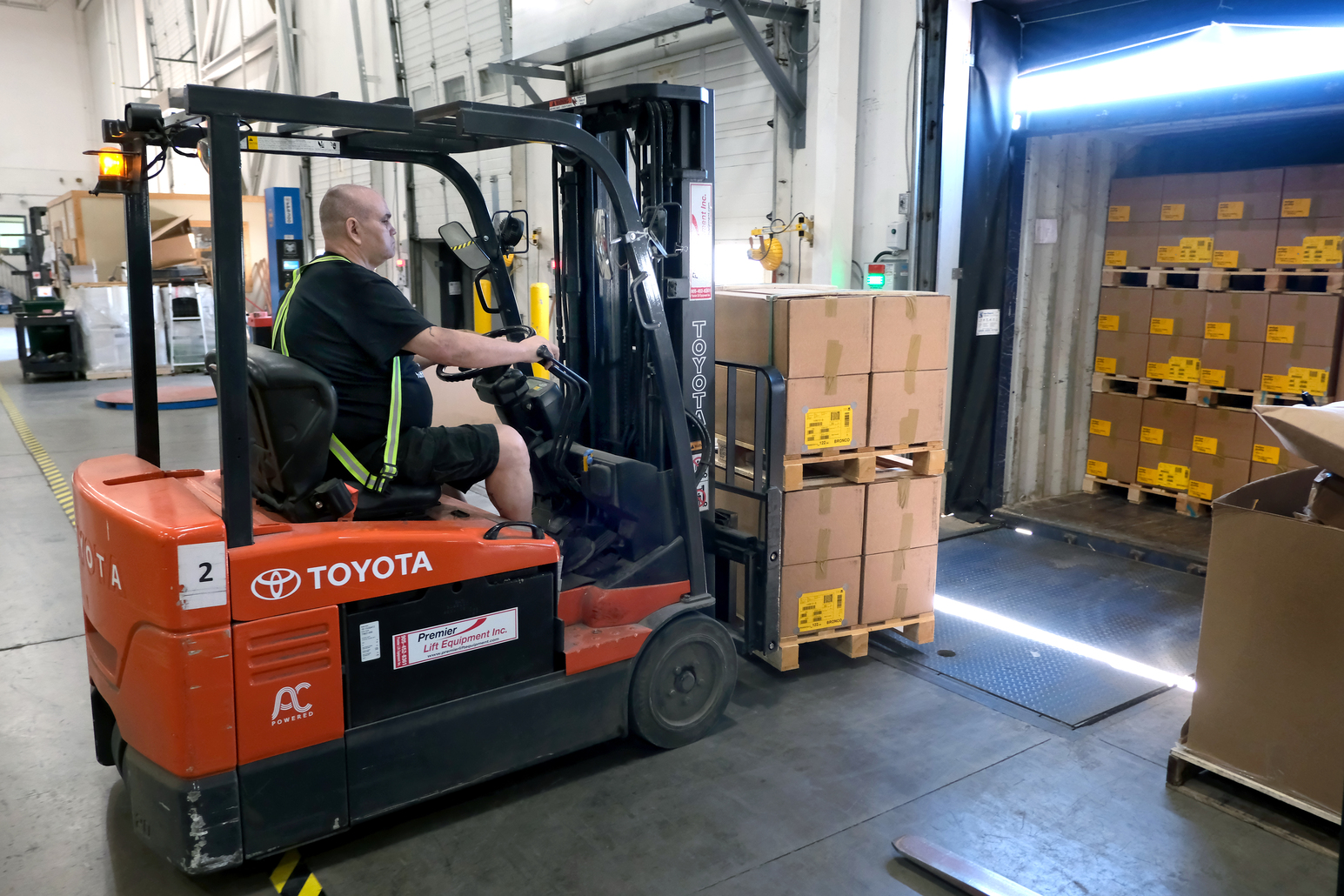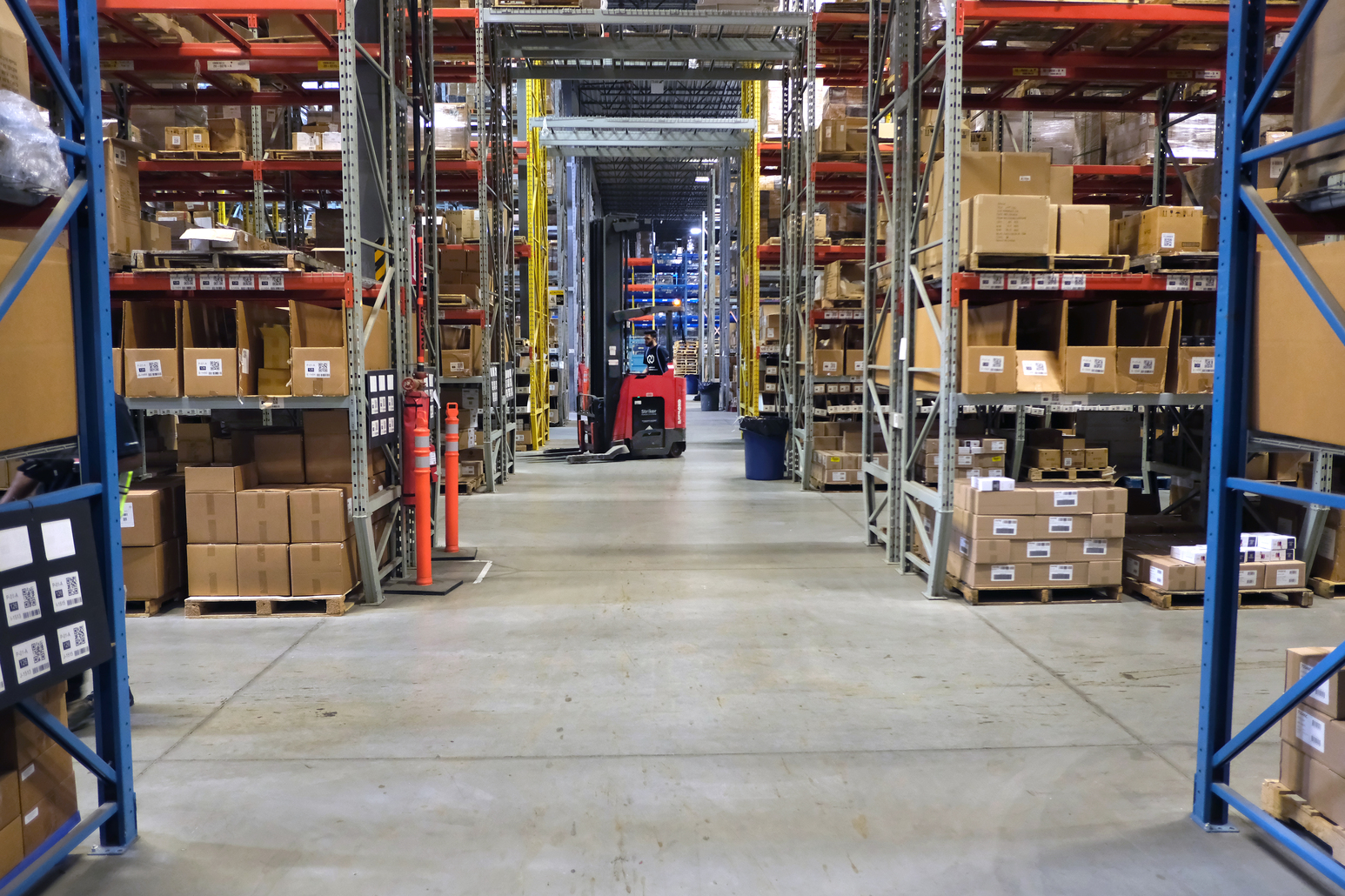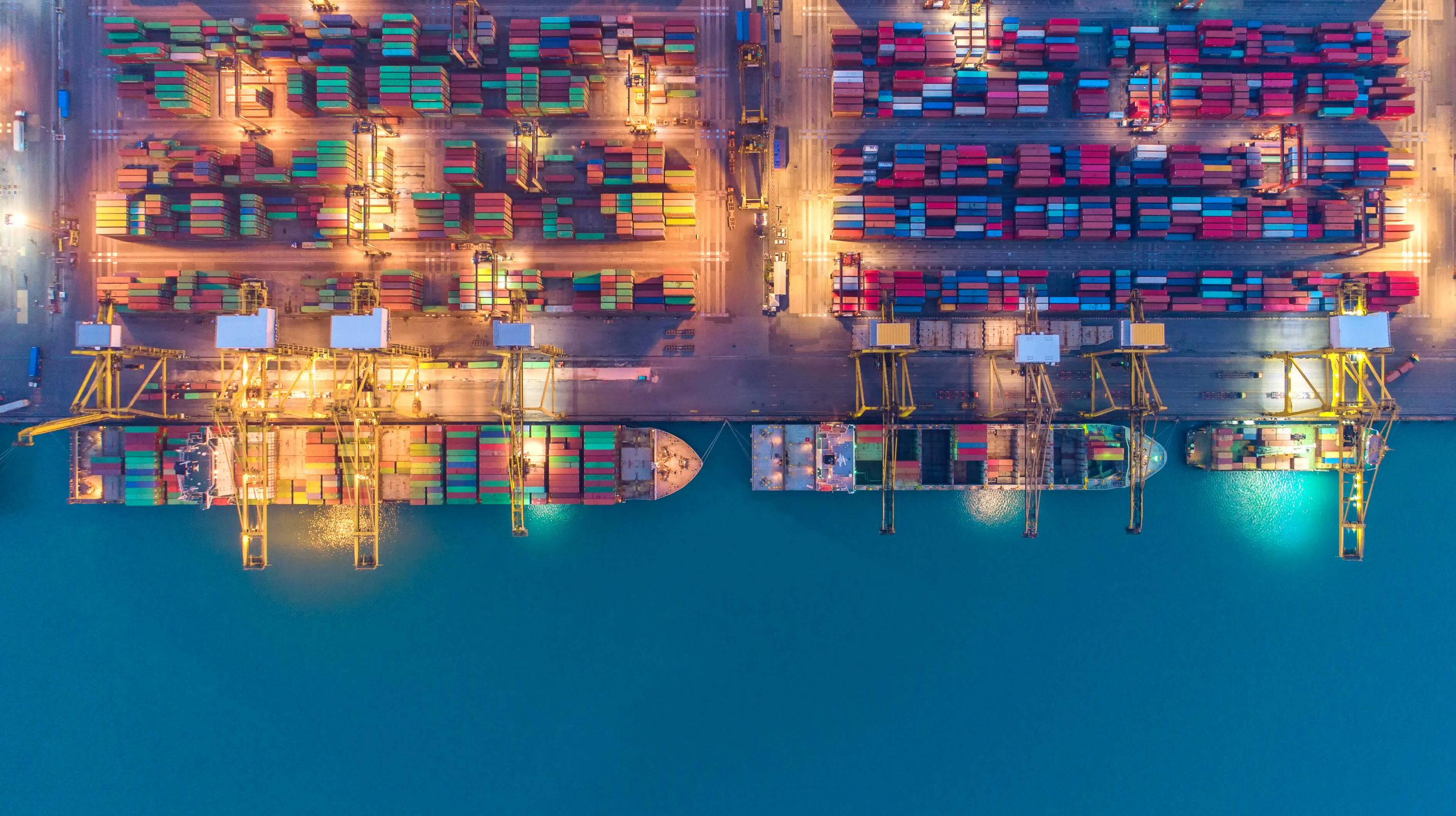Mid December, MacDonald’s Restaurants brought west coast port congestion issues front and center in mainstream media when they announced that their Japanese customers would be limited to orders of small size French Fries only, due to a potato shortage. Subsequently, as year end earnings were announced, many US retailers began citing the congestion problems on the west coast as a major factor negatively impacting their profitability.
In reality, a number of issues combined to cause the supply chain issues seen in 2014 including the following:
The labor disputes: The ILWU and PMA have been re-negotiating their contract for over eight months now. While there have been no official work stoppages, the ILWU has been accused of orchestrating slowdowns by failing to dispatch qualified workers and implementing safety checks. Main talking points in the negotiations are contract duration and jurisdiction.
Mega ships and vessel-sharing alliances: The largest of the container vessels, common to the Asia-Europe trade lanes, have made their way to US west coast. Fortunately, west coast harbors are already deep enough to accommodate these behemoths, however terminal improvement / infrastructure still requires much upgrading in order to facilitate these 10,000 plus TEU vessels. In addition, the fact that most carriers share their vessels with a multitude of other operators (vessel sharing agreements) further complicates and slows down the sorting of containers at the ocean terminal. The combination of these factors has led to a sort of ship gridlock outside the harbor and on any given day a plethora of vessels can be seen anchored out in the harbor impatiently waiting their turn.
Chassis and truck driver shortages: Carriers no longer control the chassis fleets. According to an ILWU Coast Longshore Division News Release on December 29th, the fact that carriers no longer provide the chassis needed to move the containers off the terminals coupled with the bottlenecks created when chassis pools are moved to remote locations have contributed to the delays. Other reasons stated in the release include: “Terminal operator’s hoarding limited chassis at the expense of competing terminal operators??? and “Shippers and consignees using containers on chassis as mobile storage units – thus exasperating the chassis shortage???. To add to the chassis difficulties, truck drivers are increasingly getting fed up with the delays and walking off the job.
What can you expect in 2015?
As we begin 2015, we are still facing the same gloomy conditions that left importers and exporters cringing in 2014, but we are hopeful the situation will improve. Here are a few reasons for our somewhat unbridled optimism for 2015:
- Federal mediation: A federal mediator is now involved in the ILWU and PMA contract talks. Obviously the west coast ports will not return to normal operating conditions immediately, but mediation is seen as an important step in resolving the dispute especially since both sides requested the assistance. The National Retail Federation applauded this move by calling it: “the first positive news from the West Coast ports in some time.” After the 10-day work stoppage in 2002, it was the intervention of a federal mediator that contributed to successfully reopening the ports and resuming the contract talks.
- Chassis Gray Pool Sharing planned for February 2015: This allows the companies that own the chassis to share their equipment. Truckers often lose time delivering a container to one terminal and a chassis to another. Additionally, more chassis are being supplied into circulation
- Some ports and terminals are extending free times and adding hours with weekend processing – but this is constantly changing.
- Railroads and terminals are heavily investing in upgrades
- Motor carriers are raising wages which will attract drivers
- Automation is tricky but necessary to allow greater efficiencies. Buy in from the local workers is essential to ensure automation does not trigger work stoppages due to the perception of lost jobs.
What you should consider doing differently in 2015?
- Pre-book, advance your shipment schedules, and increase inventory if possible
- Consider using alternate routes (Vancouver, Prince Rupert, East Coast, Mexico)
- Communicate with your freight forwarder to fully understand transit delays
- Expect fees (port congestion surcharge, demurrage charges) and further delays as we near the 2 week Lunar New Year holiday in February.
It is sad and infuriating that when the economy is finally improving, we experience the issue of not being able to move goods to destination swiftly. But there will always be some obstacles to overcome, whether it be increasingly violent weather, natural disasters or geopolitical and economic related issues. This is the risk of doing business in a global economy. You can minimize the risk by working with a forwarder who keeps you abreast the latest delays and issues, has contracts with the best carriers, and partners with strong agents around the globe.



